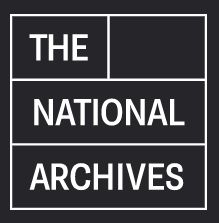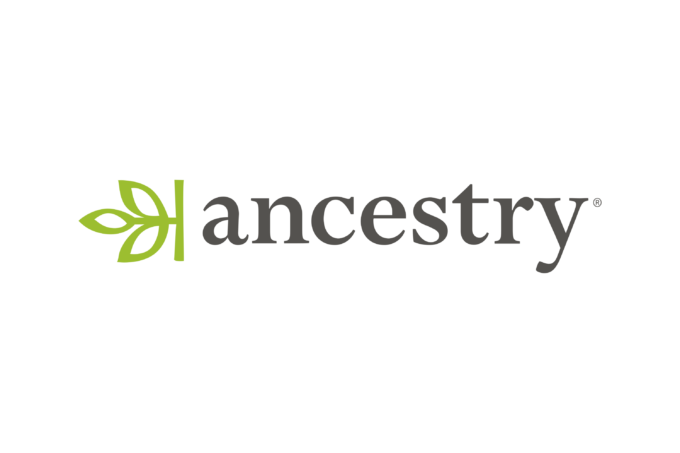On 30 June 1922 the Public Record Office of Ireland (PROI) in Dublin was destroyed in the opening battle of the Irish Civil War. The ‘Record Treasury’ at the PROI, with its six floors of records dating back to the twelfth-century conquest, was entirely ruined.
On the 99th anniversary of this tragic event, The National Archives invites you to a virtual research showcase, run in conjunction with the Beyond 2022: Virtual Record treasury of Ireland project. Deep Histories link archival collections in Great Britain to those lost in 1922. Now Deepening Connections are driving an exciting collaboration to recover and reconstruct in fascinating detail much that was lost, facilitating next generation access to seven centuries’ of Ireland and Britain’s deeply connected histories.
The showcase will focus on the contribution of The National Archives and other UK memory institutions to the virtual reconstruction of the Public Record Office of Ireland. In a series of presentations and discussions it will:
· reveal the surprising stories behind medieval tax finance and the accounting scandals that led to centuries of Irish records being sent to England
· tackle the conservation challenges of providing access to premodern collections;
Schedule
Welcome: 14.00
Dr Jessica Nelson, Head of Collections (Medieval, Early Modern, Legal and Maps and Plans), The National Archives
Session 1: 14.05-15.15.
DEEP HISTORY: The National Archives and Beyond 2022
Opening remarks and introduction to The National Archives’ Irish collections (Jeff James, Chief Executive Officer and Keeper of Archives, The National Archives Dr Paul Dryburgh, Principal Records Specialist (Medieval Records), The National Archives).
Medieval Irish Exchequer Gold Seam: the records and demonstration of the knowledge graph.
An introduction to the records of the medieval Irish exchequer at The National Archives, the scandalous background to their transmission to Westminster in the Middle Ages and an exploration of the impact new technology pioneered by the Beyond 2022 project on access to records of Ireland and Britain’s premodern past. This session will include a demonstration of the project’s Knowledge Graph for Irish History.
(Dr Elizabeth Biggs and Dr Lynn Kilgallon, Beyond 2022 Medieval Gold Seam Research Associates, Trinity College Dublin).
Conservation Conversation
Senior conservators and conversation scientists from the UK and Ireland in discussion about evolving conservation techniques, ongoing challenges and the potential of AI technology to open up new avenues of access to historic collections.
(Dr Lucia Pereira Pardo, Conservation Scientist, The National Archives, and Zoe Reid, Senior Conservator, National Archives Ireland).
Exploring the Virtual Record Treasury of Ireland
An online demonstration of the Virtual Reality model of the Public Record Office of Ireland as it was in 1922 and its potential to transform access to Ireland’s past.
Q&A (Chair: Dr Jessica Nelson)
BREAK: 15.15-15.45
Session 2: 15.45-17.00
DEEPENING CONNECTIONS: International archival partnership and archival discovery
Opening remarks Mr Adrian O’Neill, Ambassador of Ireland to the United Kingdom
Archival Discovery
An overview of The National Archives’ role in Archival Discovery in Great Britain and of the processes involved in locating, scoping and ingesting digitised images and records into the Virtual Record Treasury pipeline.
(Dr Neil Johnston, Head of Early Modern Records, The National Archives and Dr Sarah Hendriks, Beyond 2022 Archival Discovery Fellow, The National Archives).
Unlocking the Content and Linking Archives
Launch of the Beyond 2022 English-Language Handwriting Model on Transkribus: a preview of next generation access to records of Ireland and Britain’s past and the potential for linking collections digitally.
(Dr David Brown and Dr Timothy Murtagh, Beyond 2022 Archival Discovery Fellow, Public Record Office of Northern Ireland).
Q&A / Closing Remarks (Chair: Dr Jessica Nelson)
Close: 17.00


 Here are four online presentations bring streamed free by the UK National Archives in July.
Here are four online presentations bring streamed free by the UK National Archives in July. Registers for Hanwell, Mill Hill, St Marylebone, and Willesden Lane Cemeteries, with a total of 281,988 records are now available on Ancestry. For each there are Deed of Grant Books and various others.
Registers for Hanwell, Mill Hill, St Marylebone, and Willesden Lane Cemeteries, with a total of 281,988 records are now available on Ancestry. For each there are Deed of Grant Books and various others.